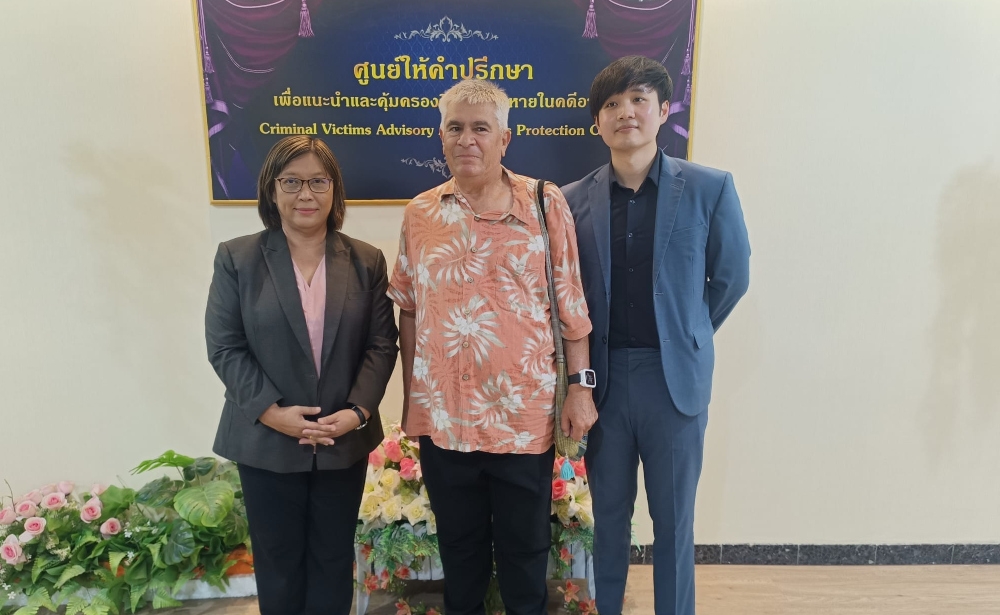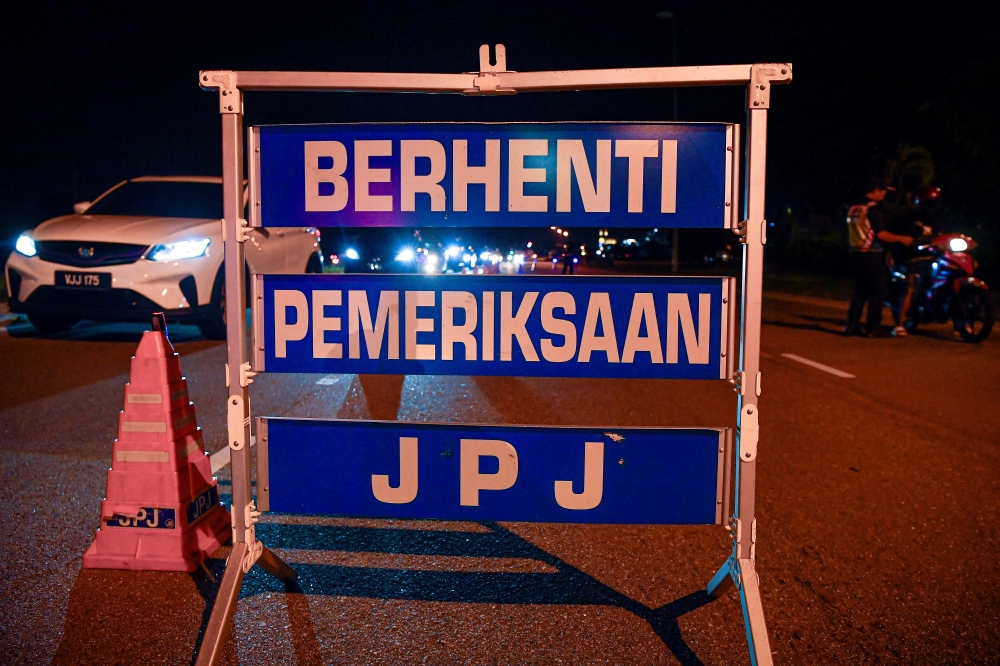KUALA LUMPUR, Nov 16 — Health director-general Tan Sri Dr Noor Hisham Abdullah has rejected views that Klang Valley’s worsening Covid-19 situation despite the conditional movement control order (CMCO) meant the measure was ineffective.
Dr Noor Hisham acknowledged the case growth here as well as in Selangor and Putrajaya but insisted that the CMCO has lowered the Covid-19 infectivity rate in these areas since its implementation in mid-October.
“I don’t consider the CMCO as a failure because it was an option to strike a balance between lives and livelihood, while we are still able to conduct our public health intervention activities.
“Certainly if you ask me, I would advise going all out for health reasons and implement the MCO, but it would be very costly and that is why we have to balance things out by implementing the CMCO,” he said when asked to assess the CMCO’s success.
He pointed out that KL, Selangor and Putrajaya were densely populated and featured heavy movement as they were Malaysia’s central economic and administrative zone.
Dr Noor Hisham also noted that there were already public objections when the government introduced the CMCO last month.
“So far, I think it (CMCO) has worked well, but it might take longer to break the chain of infection as compared to if we have implemented a stricter MCO.
“The issue with CMCO is there is still movement, but we hope we are able to reduce the movement of people and hopefully bring down the infectivity rate even lower,” he said.
Dr Noor Hisham said the basic reproduction number (R0) of Covid-19 infections was now between 0.9 and 1.1, down from 2.2 at the start of the third wave of infections. He credited this to the CMCO.
Malaysia today recorded 1,103 new Covid-19 infections, 544 or 49.3 per cent of which were detected within Klang Valley.




















